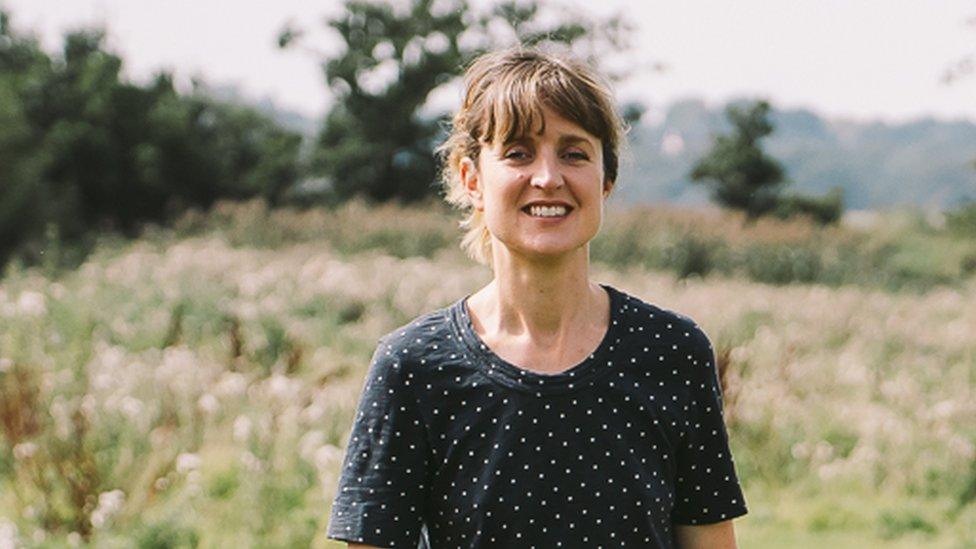TV couple to give up smartphones with Essex pupils

Matt and Emma Willis say they are "intrigued by the results of the experiment"
- Published
TV hosts Emma and Matt Willis are to front a new TV show that will see them give up their smartphones alongside students from Essex.
The pair will work with Year 8 pupils at The Stanway School, in Colchester, as they hand in their devices for 21 days.
It comes as part of the Channel 4 documentary series Swiped: The School That Banned Smartphones.
"We're intrigued by the results of the experiment and hope it can spark change and have a lasting and positive impact on everyone," the couple said.
Researchers at the University of York will monitor changes in behaviour among the pupils and presenting team over the three weeks.
The effects on the brain of reduced smartphone use, including sleep and attention, will also be analysed.
The show would follow a similar idea conducted by BBC Radio 5 Live earlier this year, later published as a podcast.
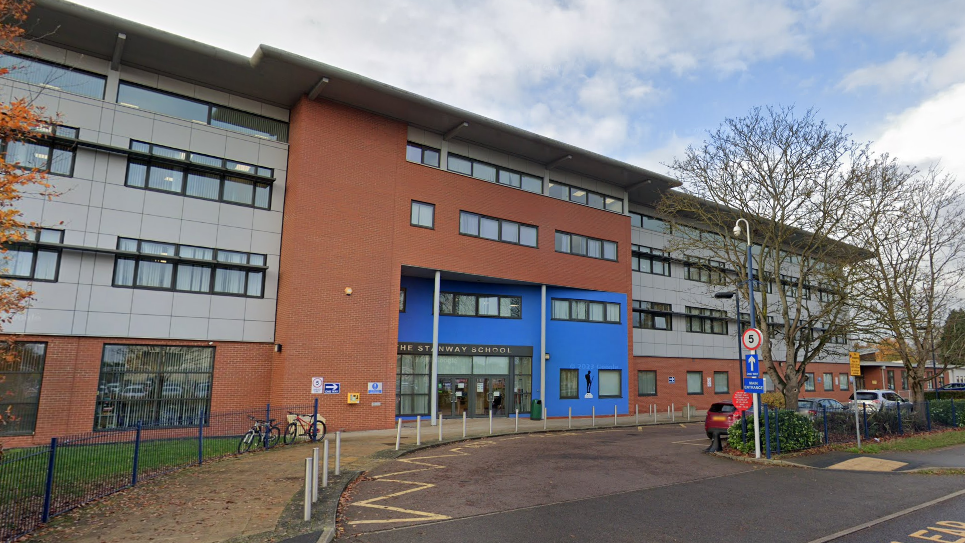
Pupils at The Stanway School in Stanway, near Colchester, feature in the two-part show
"Our lives these days revolve around our smartphones, and the thought of three weeks without them is quite honestly daunting, yet fascinating," said the Willis couple, who also together front Love Is Blind: UK.
"The statistics on children's smartphone use are beyond worrying so the time feels absolutely right for the issue to be addressed."
The House of Commons Education Committee, external said there had been a 52% increase in children's screen time between 2020 and 2022, with a quarter said to be using their devices in an addictive manner.
Presenter and broadcaster Dr Rangan Chatterjee will meet experts, scientists, campaigners and politicians to "uncover the deep-rooted effects of smartphone use" along with the married presenters.
Dr Chatterjee said the "increasing use of technology has insidiously crept into every part of our children's lives, including their school life".
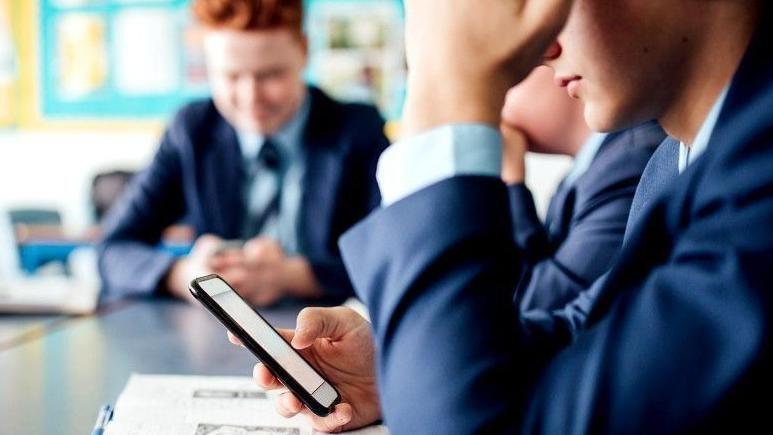
Sir Keir Starmer previously said he did not support "simply banning" phones for children
Channel 4 suggested the findings of the two-part show could "be the catalyst" for a nationwide ban on smartphones for children under 14 or 16 years old.
Prime Minister Sir Keir Starmer said in July he did not support "simply banning" phones for under-16s.
Instead, there needed to be a "look again" at what content children were accessing online, he said.
Get in touch
Do you have a story suggestion for Essex?
Follow Essex news on BBC Sounds, Facebook, external, Instagram, external and X, external.
Related topics
- Published29 August 2024
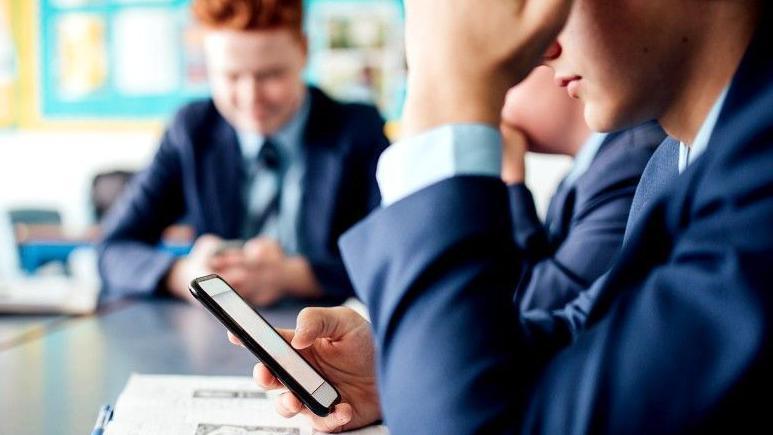
- Published12 June 2024
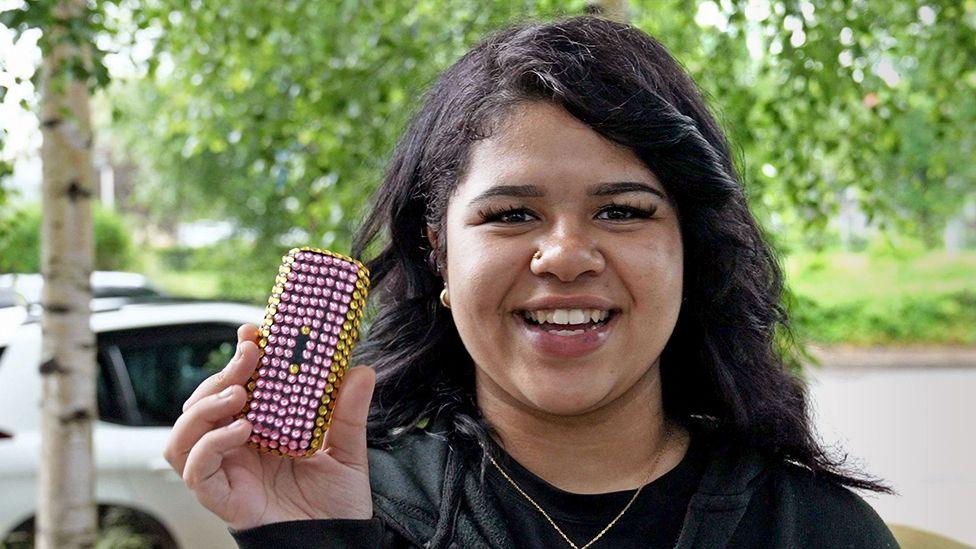
- Published12 June 2024
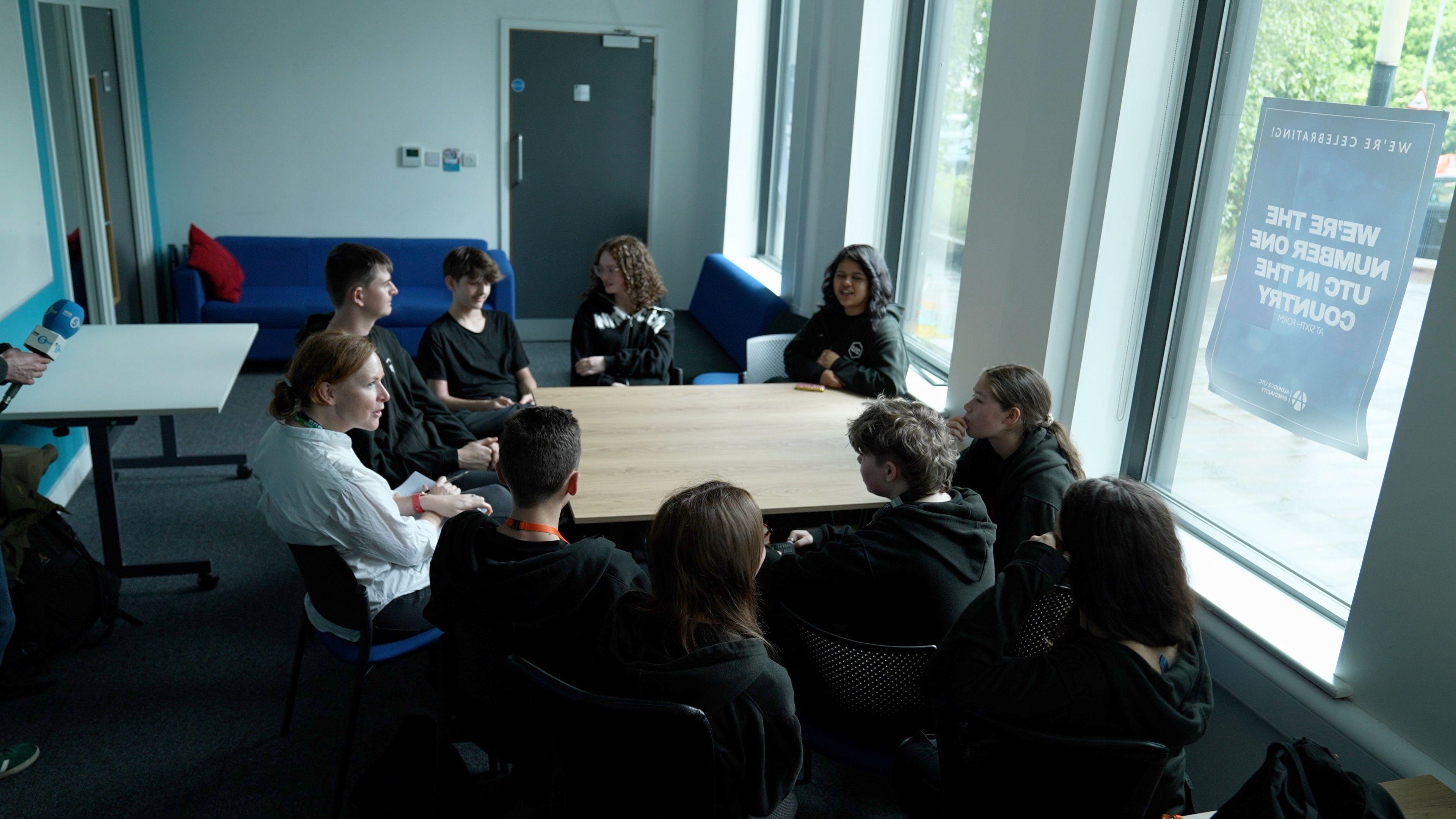
- Published25 May 2024
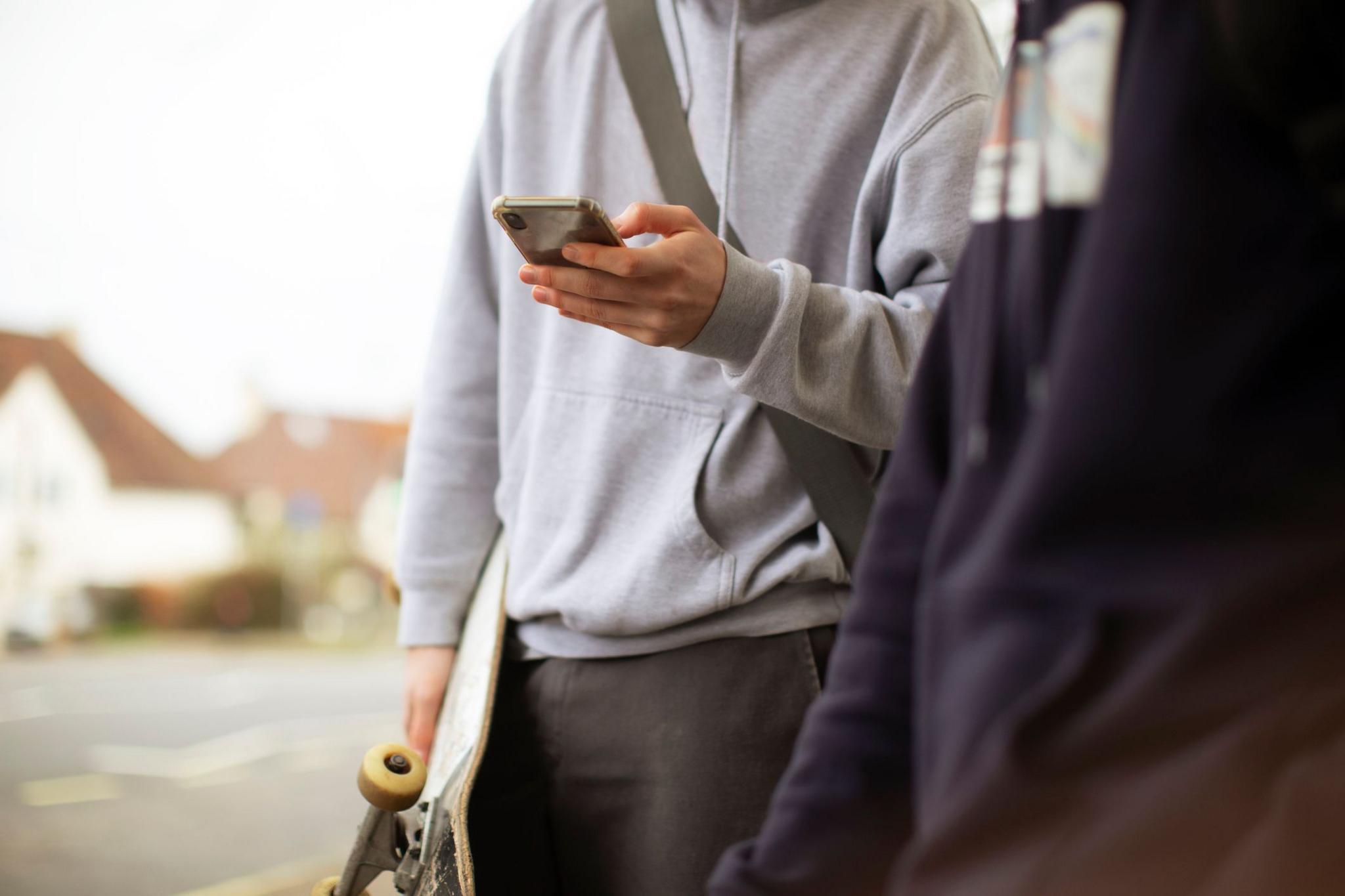
- Published19 April 2024
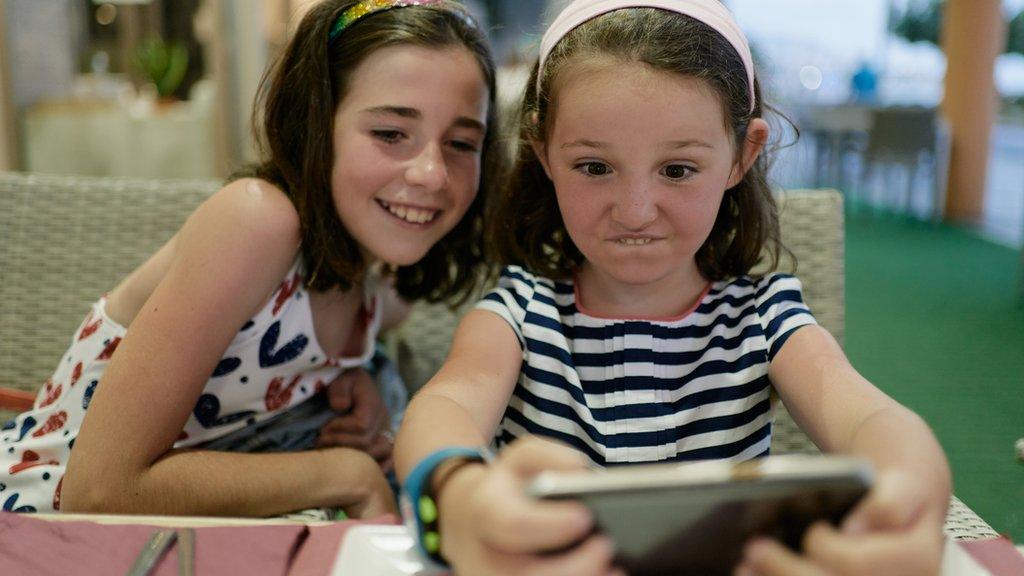
- Published15 February 2024
